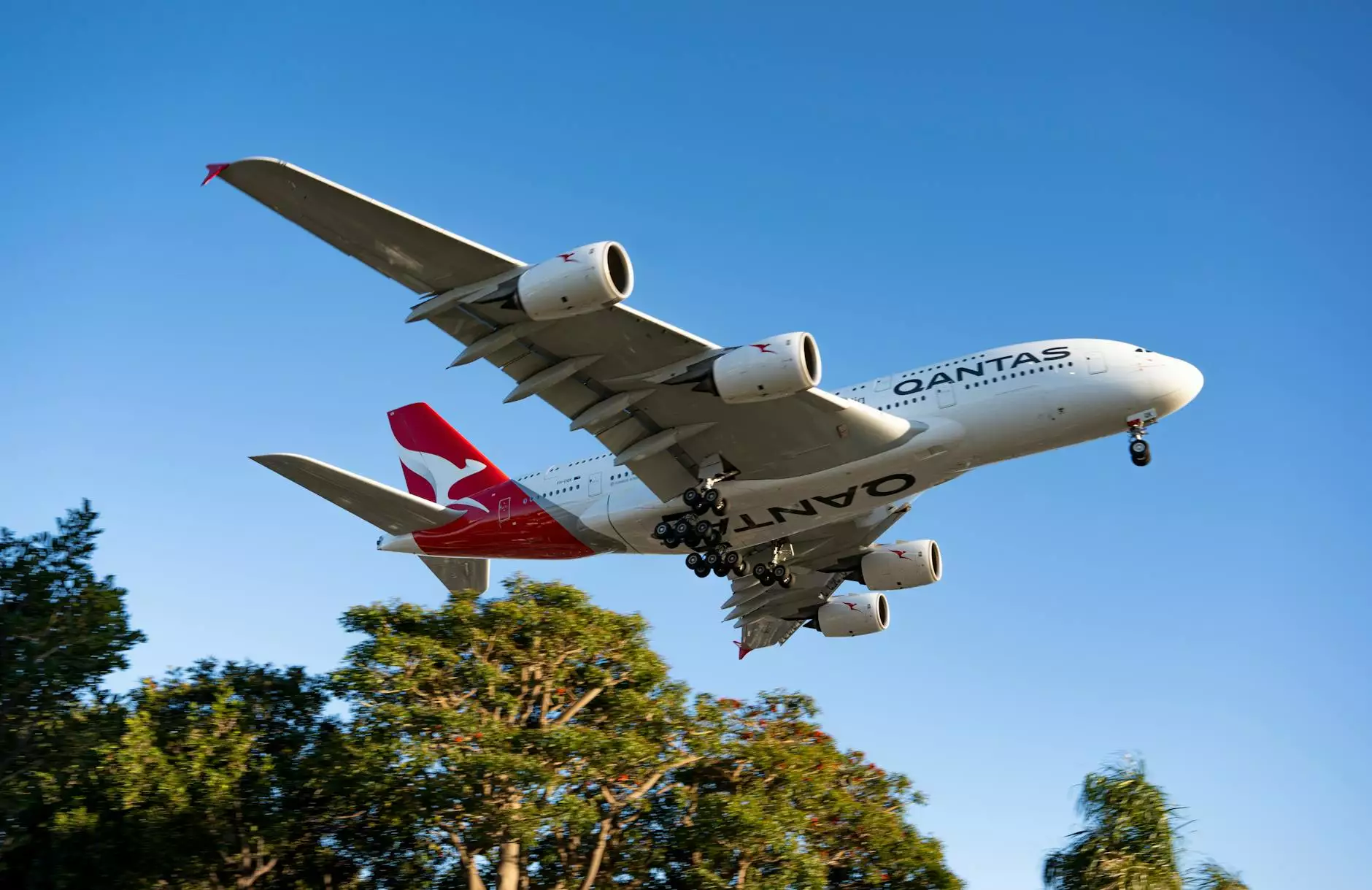Unlocking the Secrets of Air Cargo Rates Per Kg International: Your Ultimate Guide to Efficient Global Shipping

In the dynamic world of international logistics, understanding the intricacies of air cargo rates per kg international is paramount for businesses aiming to optimize freight costs, streamline supply chains, and gain competitive advantages. Whether you are a seasoned freight forwarder, a small business owner expanding globally, or a logistics enthusiast, having comprehensive knowledge about air cargo pricing structures and the factors influencing them is essential for making informed decisions. This detailed guide provides an in-depth overview of the factors affecting air cargo rates, strategies to reduce costs, and how to leverage the extensive network of cargobooking.aero to achieve the best shipping outcomes.
What Are Air Cargo Rates Per Kg International?
At its core, air cargo rates per kg international refer to the cost incurred for shipping one kilogram of freight via air transportation across international borders. Unlike domestic freight, international air cargo pricing involves multiple variables, including fuel costs, security regulations, airport fees, capacity constraints, and seasonal demand fluctuations. These rates are usually expressed in a currency per kilogram and can significantly vary based on the route, airline, and specific service level.
Most air cargo carriers and freight platforms, like cargobooking.aero, provide dynamic pricing tools that synthesize real-time data, offering shippers the ability to compare rates efficiently. Understanding the baseline rates and the factors influencing them helps businesses make smarter choices for their logistics operations.
Critical Factors That Affect Air Cargo Rates Per Kg International
The variation in air cargo rates per kg international is influenced by a multitude of interrelated factors. Recognizing these components provides clarity on how you can optimize costs and improve shipment planning. The main factors include:
- Route and Distance: Longer routes and those crossing multiple airspaces generally cost more due to fuel consumption and airspace fees.
- Fuel Prices: Fuel remains a primary driver for air cargo rates. Fluctuations in global oil prices directly impact costs.
- Airline and Carrier Policies: Different airlines have varying pricing models based on fleet efficiency, capacity, and service commitments.
- Seasonality and Demand: Peak seasons like holidays or major sales periods (Black Friday, Cyber Monday) cause rates to spike due to higher demand and limited capacity.
- Weight and Volume: Airfreight is often charged based on the greater of actual weight or volumetric weight, which can inflate costs for large but lightweight items.
- Security and Regulatory Fees: Increased security requirements and international regulations add surcharges that affect overall rates.
- Pickup and Delivery Locations: The proximity of shipments to major hubs and airports can influence the initial and final transportation costs, affecting the overall rate.
- Packaging and Handling Requirements: Fragile or special handling items might incur additional charges, impacting per kg rates.
Strategies to Secure the Best Air Cargo Rates Per Kg International
Securing cost-effective air cargo rates per kg international requires proactive planning and strategic partnerships. Here are essential methods to achieve favorable rates:
1. Use Advanced Freight Platforms and Comparison Tools
Platforms like cargobooking.aero aggregate multiple carriers and freight forwarders, enabling instant comparison of air cargo rates per kg international. Leveraging such platforms allows you to identify the best deals tailored to your shipment specifics.
2. Optimize Packaging and Shipment Size
Reducing volumetric weight by utilizing efficient packaging can significantly lower costs, especially for bulky shipments. Prioritize compact, lightweight packaging materials and consider consolidating multiple items into fewer shipments to benefit from lower per kg rates.
3. Plan for Off-Peak Seasons
Scheduling shipments during off-peak times reduces demand-related surcharges. Flexibility in timing can lead to substantial savings on the air cargo rates per kg international.
4. Establish Long-Term Carrier Relationships
Negotiating contracts with preferred carriers or freight forwarders often results in better rates, priority booking, and tailored services that can further optimize costs over time.
5. Embrace Multimodal Logistics Solutions
Sometimes combining air freight with sea or land transport can create more economical solutions, balancing speed with cost-efficiency to reduce air cargo rates per kg international.
How CargoBooking.aero Facilitates Cost-Effective International Air Cargo
cargobooking.aero stands out as a leading online platform dedicated to democratizing access to competitive air cargo rates. The platform offers:
- Real-time Pricing Data: Instant access to updated air cargo rates per kg international from multiple carriers for various routes and services.
- Advanced Route Optimization: Smart algorithms help identify the most cost-effective shipping routes and schedules.
- Comprehensive Service Options: From standard freight to expedited, oversized, or special handling, enabling tailor-made logistics.
- Transparent Pricing: No hidden fees, with detailed quotations and breakdowns to aid decision-making.
- Streamlined Booking Process: Simple, user-friendly interfaces that allow instant booking and documentation handling, saving both time and money.
By leveraging these tools and insights, companies can dramatically reduce their per kg international air cargo costs while increasing reliability and service quality.
The Future of Air Cargo Rates Per Kg International: Trends and Predictions
The logistics industry is constantly evolving, influenced by technological innovations, geopolitical shifts, and economic fluctuations. Here are key trends shaping future air cargo rates per kg international:
- Digitization and Data Analytics: Increased use of AI and big data analytics will allow for more precise rate forecasting and dynamic pricing models.
- Sustainable Aviation Fuel (SAF): Environmental initiatives may influence operational costs, with potential short-term increases but long-term efficiencies.
- Capacity Expansion and Infrastructure Investments: Upgrades at major airports and new aircraft acquisitions will improve supply capabilities, potentially stabilizing rates.
- Regulatory Changes: Evolving security and compliance standards may introduce new surcharges but also increase transparency.
- Market Diversification: Emerging markets and new trade routes are expected to influence pricing dynamics, offering new opportunities for cost savings.
Staying informed about these trends helps shippers anticipate market changes and adapt their strategies proactively to optimize air cargo rates per kg international.
Maximize Your Shipping Efficiency and Cost Savings with Expert Knowledge and the Right Platform
In conclusion, understanding the factors that influence air cargo rates per kg international is fundamental for businesses that seek to thrive in the competitive landscape of global trade. By adopting strategic approaches such as leveraging advanced comparison platforms like cargobooking.aero, optimizing shipment planning, and maintaining strong carrier relationships, you can significantly reduce costs and improve delivery reliability.
As the international logistics industry continues to evolve, maintaining a proactive mindset about pricing trends, technological innovations, and regulatory developments will ensure your business remains agile, cost-effective, and prepared for future opportunities.
Remember, the key to success lies in combining industry knowledge with the right technology solutions—empowering you to navigate complexities of air cargo rates per kg international with confidence and precision.
For more expert assistance and to explore competitive international air cargo rates, visit cargobooking.aero.
air cargo rates per kg international








